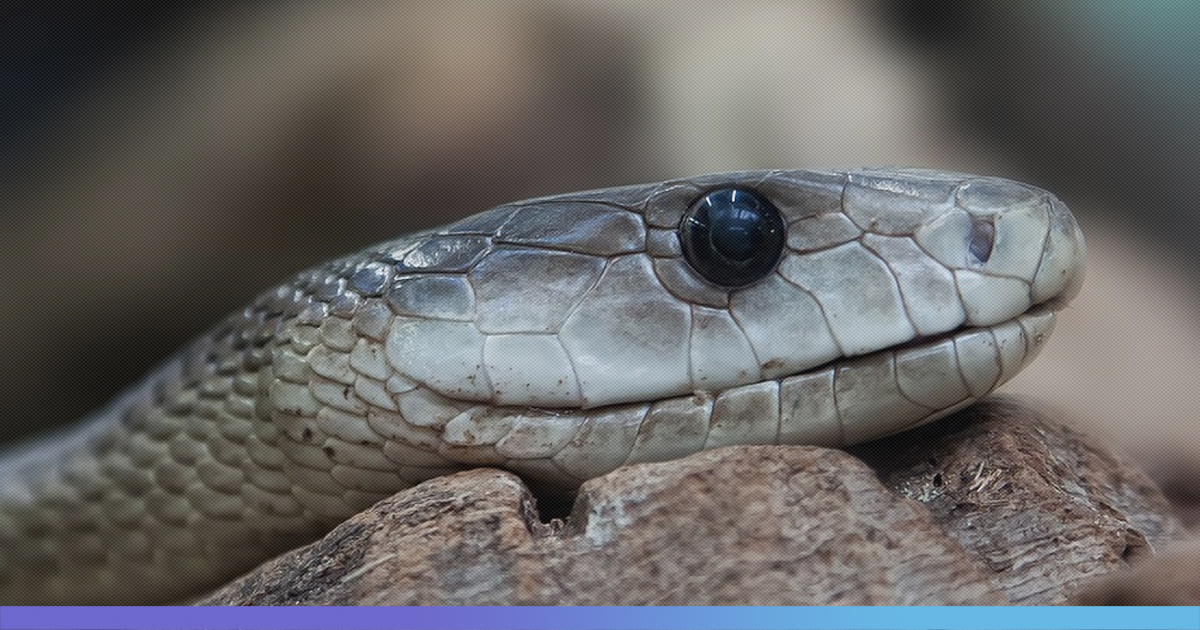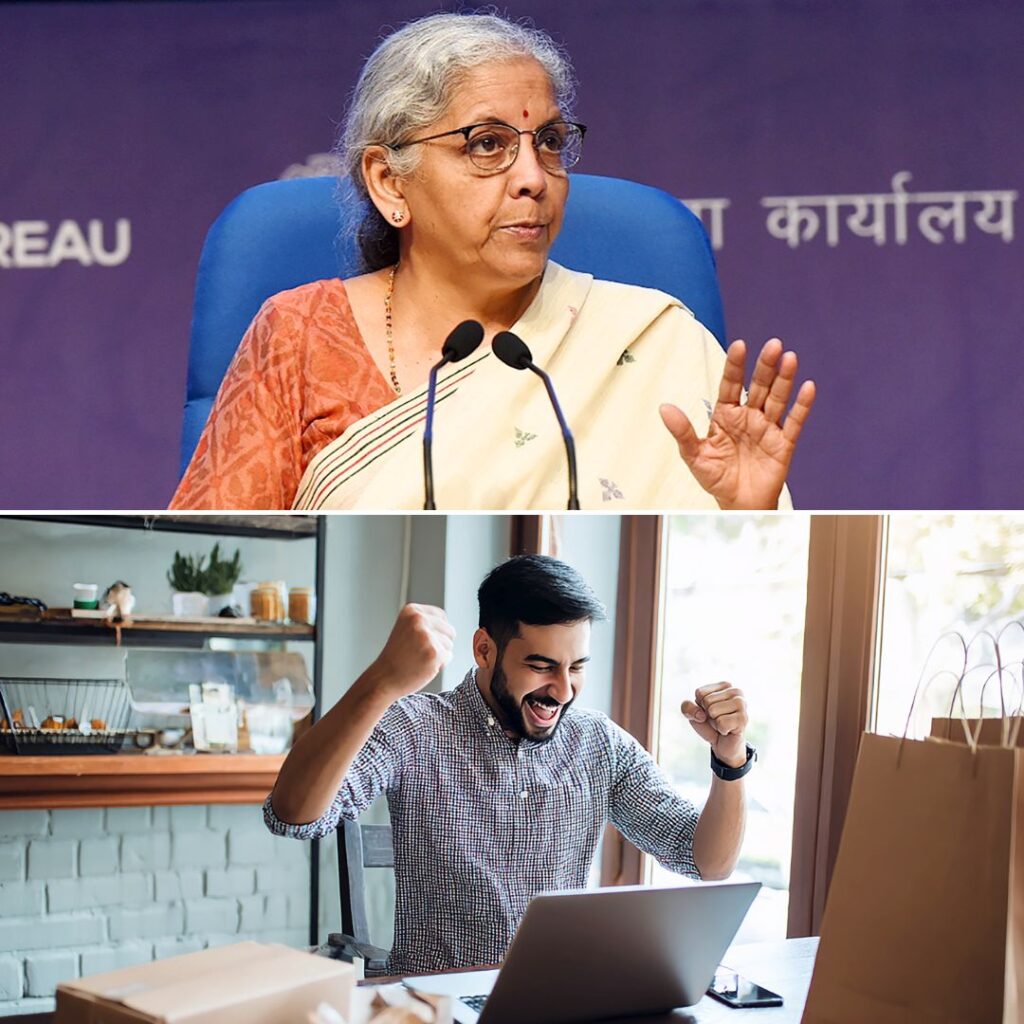India has the highest number of snake bites in the world, as it registers almost half the snakebites – 28 lakh out of an estimated 45 to 54 lakh globally. To arrest the number of deaths and injuries caused due to snake bites, WHO has finally released its long-anticipated strategy on tackling snake bites.
What Is WHO’s New Strategy
The body has categorised its approach in four steps that will help the rural population to tackle the snake bites. The four steps are to engage communities, provide effective treatment, improving the healthcare system, and increasing coordination and resources.
The body plans to spread awareness on first aid for snake bites in the worst affected areas by educating them. The organization lays a road map to enhance the healthcare centres in rural pockets that will provide quick access to treatments. All these plans have to be done in support from the government and the local community.
Julien Potet, who is the NTDs policy advisor for MSF’s Access Campaign said, “We are cautiously optimistic that the WHO’s snakebite strategy could be a turning point in tackling this disease.”
The World Health Organisation had included snakebite into the list of “Neglected Tropical Diseases” (NTDs) in 2017. This was done to draw the attention of policymakers and pharma firms towards growing snake bites related deaths.
The specialised agency of the United Nations has promised that it will try to cut snakebite deaths and disability in half by the year 2030.
States Must Focus On Venom Extraction
As the monsoon is all set to kick in from June, people are worried about the growing snake bite menace. A study conducted by the Public Library of Science (PLOS) found out that the snake bites in the country reach its peak between June and September every year. The study also found that more than 97% of snake bites happen in rural India. In India, it was found that almost 50,000 people succumb to snake bites of the 10 lakh Indians bitten, due to inadequate anti-venom treatment.
However, it is shocking to know that despite the numbers being so high, the government has never addressed this adversity in the seriousness which this issue deserves.
India needs to look into the lack of anti-venom treatments it offers because of inadequate research and venom extraction practices. As of 2017, the Irula Snake Catchers’ Industrial Cooperative Society was the only group to have extracted venom from the most deadly species of snakes – Indian Cobra, Saw-Scaled Viper, Russell’s Viper, and Common Krait.
These venoms were sold to biotechnology companies to produce anti-venom for the entire nation. This is not adequate, for a country with 130 crore population. P Gowri Shankar, who is the founder of Kalinga Centre for Rainforest Ecology in Karnataka’s Agumbe, believes that every state should research local species and extract venom based on the predominant species in the region.
Also Read: Andhra Government Performs ‘Sarpayagam’ To Appease Snake Gods Following Increase In Snake Bites











